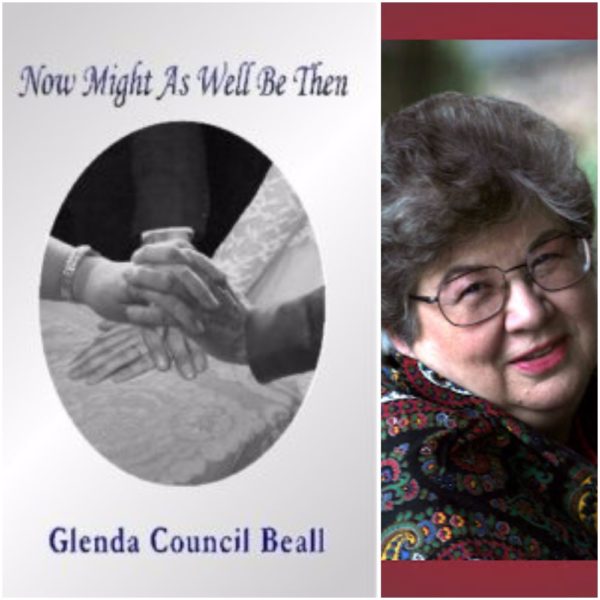Beall begins the collection with a love poem that celebrates the timelessness of a relationship. The speaker in the title poems says, “You brought me spring in winter // youth when I was old, / you found my childhood self.” If not for the dedication of the poem which announces who is intended by the indefinite second person pronoun, one could easily read this as a celebration of many things--god, nature, the mountains of North Carolina—and interestingly, any of these meanings would fit for the poems that follow as these poems celebrate the presence and influence of all of these elements.
One suspects, in fact, that the relationship between speaker and mate in “Now Might As Well Be Then” is inseparable from that between speaker and place. That suspicion is supported by the next poem, “Mountain Seagull,” in which “Lake Chatuge wraps the mountains, / lapping love,” and the speaker says “My spirit soars above the scene / a seagull far from home, / But yearning to embrace / and build a nest.” Four poems later in “In the Dark,” the theme of timelessness in this relationship appears again, as does the title of the collection and the first poem: “Here I am years later, listening to your soft breath / and feeling your warm smooth skin. / In the dark, now might as well be then.”
The timelessness Beall reveals to the reader is not the magical, mysterious, miraculous sort of timelessness that remains inexplicable and unearned.
To show us how this creation of timelessness is to be done, Beall practices her own imperative throughout the poems in this book. She remembers the sound of rain in “Listening for the Rain” and is reminded of her father:
Too late for the corn, my father says,
across the bridge of time.
Maybe it will save the pasture,
give us one more haying
before summer ends.
She goes on, then, to recall other events from her childhood, the tragic story of “Roosevelt” (perhaps my favorite poem in the book), the story of her “Father’s Horse,” another story of tragic loss in “Clearing New Ground,” and finally, the beautiful and touching concluding poem “Blue Moon Every Twenty Years,” which successfully reminds the reader of all of Beall’s themes by tracing the singing of a particular song every twenty years, the last time when the singer was somewhere around 70 years old and still proclaiming, “I’ll sing your song for you again / in twenty years.” Just so, these poems will sing to the reader, again and again, reminding us to embrace life through our relationships with people and places and to make those relationships timeless through the vital habit of memory.
--Please leave a comment. It will not appear immediately, but I will read it and respond to it. Thank you.










